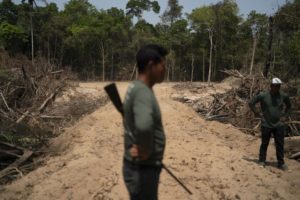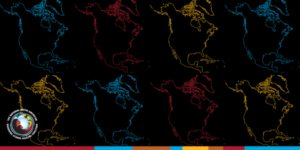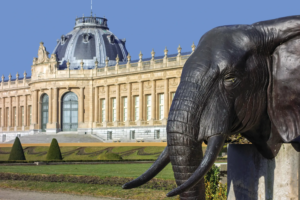“Down there there is no light. Sometimes a terrorist would use a flashlight and still, I could not see anything. There is also no air.
When I was out up on the ground, I was hearing such terrible bombing that I thought maybe it’s better to stay down in a tunnel. When I shared it with my captors, they answered: ‘No. You might choke to death’.
One of the terrorists had an oxygen balloon which he allowed me to use only once, when I was completely out of air.
One of the advantages of the tunnels is that no one, up on the ground, can hear you, so you can speak loud, unless it annoys the terrorist.
The tunnels have an electrical infrastructure which sometimes works and sometimes does not.
The walls are humid and wet and you have to mop the dripping water from the ceiling all the time. The five thin mattresses we slept on were soaked in water as well. The humidity caused such a strong smell of moldiness that is was difficult to fall sleep.
We used to find ways to grab some food, without the terrorists noticing it, where to hide it, and how to take out of it the mold.
They used to hold a daily “meeting” in the room next to us, and we had turns of who will grab and hide a pita bread every day.
We still had days without electricity, water, light, gas and food.
I met hostages who had no idea of the whereabouts of their relatives, or who had to witness the murder of their loved ones, and I felt I should put my concerns aside and assist them. I said that whatever happens, I need to help them, bring food, talk with them. That kept me sane and it became the mission of my life.”
Photo: Michael M. Santiago/ Getty Images




